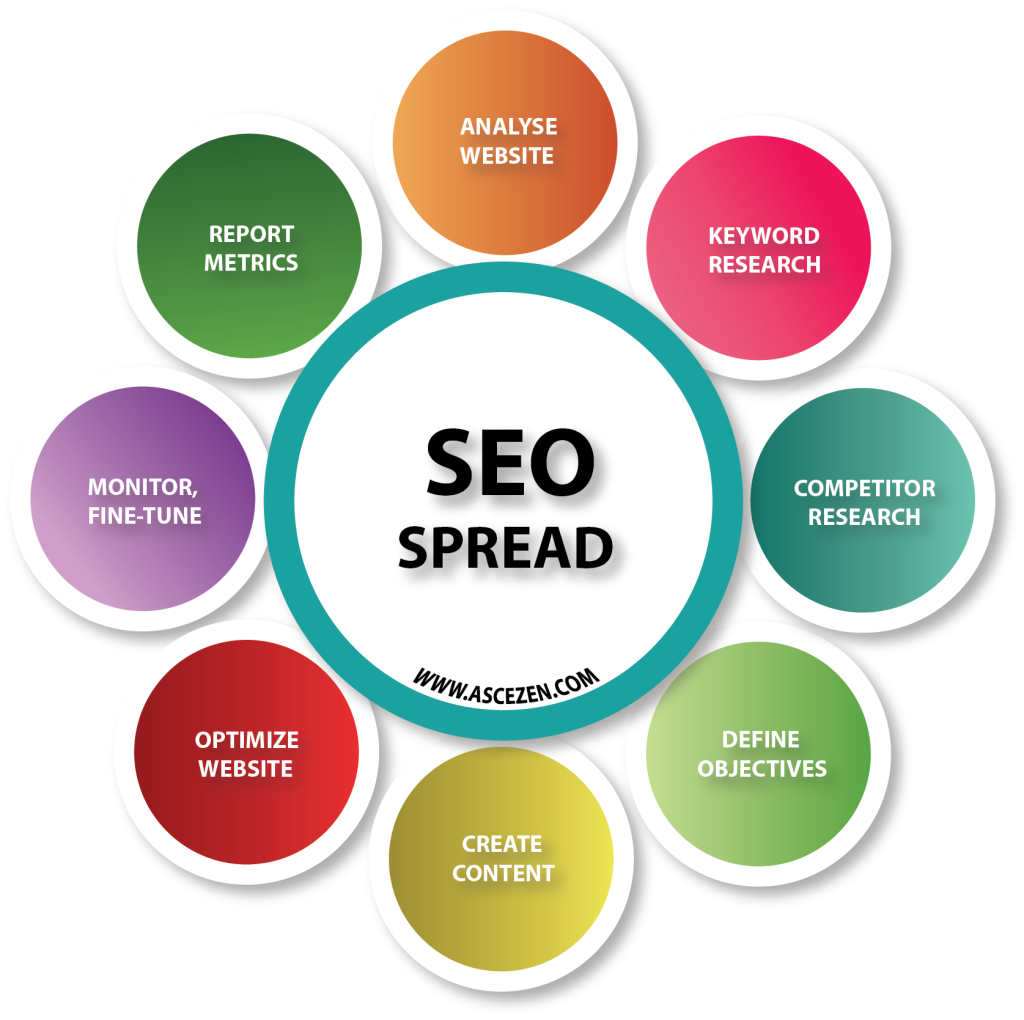Be counted among the Top-notch Content Writers in India
Be counted among the Top-notch Content Writers in India
Going digital is no longer a matter of popularity. Having the presence on the world wide web has become a necessity. Businesses in India are shifting their operations online and are constantly working towards gaining a strong foothold on the web using high quality content created by top-notch content writers in India. To produce specific, compelling and targeted content, the search for content writing talent and the best content writers is on.
Content writing, as the name suggests, means writing content for a wide variety of audience available through websites, newsletters and brochures, emails, flyers and so on. Even though writers have always been valued in media and journalism, digitization has given the demand of quality content writers a massive push.
Demand for Content Writers in India
Earlier, content creation in the form of articles, news items and scripts, was limited to media such as print, radio and television. However, with the increasing internet penetration and the need to access information at a few mouse clicks, the world needs many more content writers who can deliver quality content.
For some reasons, despite the increased demand, there is still a considerable scarcity of good content writers in India. Quite a lot of content writers in India are unable to meet the industry standards and produce engaging, effective content. There is a vast difference between the demand and supply of the writers in the country and some reasons that can be understood are as follows:
- Societal Perception
- Lack of professional content writing training
- Inadequate training on the job
There has been a perception in India that writers can never make good money. On top of it, the society and primarily the parents play a dominant role in choosing a career for their child. Mostly with that background, budding writers are seldom motivated to take up writing as a career. So, it is never easy for an aspiring writer to ask parents for sponsoring a training in content writing, technical writing or anything similar.
Like any other profession, content writing too presents its own challenges and opportunities. As traditional marketing is seeing a decline, content writing holds immense potential in its avatar of content marketing and the sheer scale of opportunities that the industry is promising cannot be overlooked.
It wouldn’t be naive to claim that content creation will never become outdated. In fact, right from big corporations to start-ups, everyone will need more content as part of their marketing strategies, especially in this age of user-generated content.
Need for Content Writing Training
Those aspiring writers who take on a content writing or technical job after a few internship stints are trained on the job. Now, it largely depends on the organizations they were employed at or the people they have worked with, to train them as writers. It would purely a game of chance that such interns or junior writers were trained by a professional writer or someone who has good understanding of the domain. A good writer comes out only when the organization is process-driven and doesn’t make an exception for the content department to operate on ad hoc basis. Since most organizations do not have a regular content department in place, they have no means to train and groom people on writing skills.
The answer lies in Training. Today, there are good number of training institutions in India that deliver high quality training in Content Writing, Technical Writing or Instructional Design. The aspiring writers must invest in training themselves to get hired by the high-paying, reputed organizations in India and abroad.
Most people keen on pursuing a career in content writing or development feel that writing ability is the only skill required to become a writer but that is far from being true. Besides having a natural flair for writing, there are other skills needed as well and these can be acquired through structured and balanced content writing training.
At Ascezen Consulting Private Limited – a Lucknow based Content Writing Services Provider, we offer content and technical writing training for aspiring and junior writers to hone their skills and groom them to be ready enough to work for the best IT companies in India.








